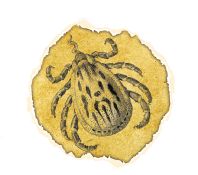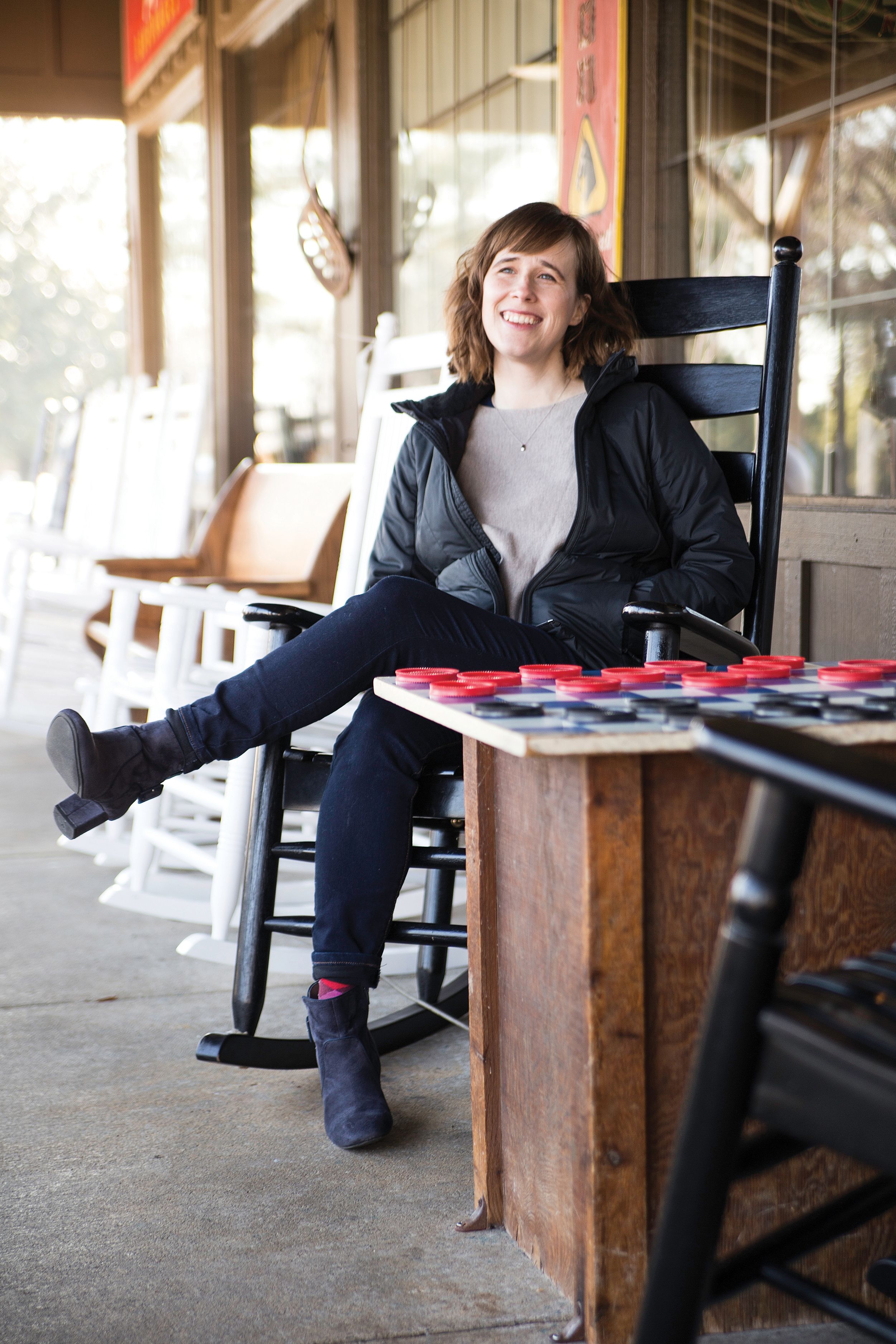Imagine a world in the not-too-distant future where the government assigns where you live. Your social media footprint impacts your financial stature, and an Asheville Cracker Barrel restaurant exists as a museum for 21st century ephemera.
Oh, and there’s an infestation of killer ticks in the Appalachian Mountains.
Welcome to “The Salt Line,” the latest novel by Holly Goddard Jones. The associate professor of creative writing at UNC Greensboro blends elements of horror, dystopia, and literary fiction in a book that has received positive reviews from Kirkus, Publishers Weekly, and the L.A. Times. While previous works — the 2009 short story collection “Girl Trouble” and her 2014 debut novel “The Next Time You See Me” — are realistic tales of blue collar life in rural Kentucky, Jones’ second novel takes a futuristic bent.
“The Salt Line” imagines a dystopian America ensconced behind a tick-repellent scorched earth barrier. The nation holds tight moral and geographical control over its citizens and has been redistricted into livable zones. Jones, whose previous works have received acclaim in The New York Times, Chicago Tribune, People, O Magazine, and more, calls this work “symbolic speculation” rather than pure science fiction. “I’m not forecasting that ticks will destroy the world; I’m using that scenario to write a future that comments on the present,” she says. “It was scarier if the future felt very much like our present, with some tweaks of degree.”
Jones, who has received awards from The Fellowship of Southern Writers and the Rona Jaffe Foundation, invokes literary influences ranging from Margaret Atwood to Stephen King to Jane Austen in “The Salt Line.” As the novel takes its protagonists — an elite group of wealthy travelers — on a treacherous journey of extreme ecotourism through tick-infested woodlands once known as the Great Smoky Mountains, themes of environmentalism, class, and feminism emerge.
Female characters in the story, once relegated to traditional maternal roles, rise up to protect the future. Jones wrote the first hundred pages of the book before becoming pregnant with her first child; she says the story’s trajectory changed when she became a mother. “When I started having kids, the future went from being abstract to deeply personal. That’s when the themes of motherhood became so critical to the book — less because I was newly a mother and therefore interested in writing about the topic but because I suddenly realized that parenthood is sort of the central question in any meditation about the future.”
Jones is committed to sustainability and responsible resource management in her own life. She devotes a section of her professional website to advice about sustainability practices, from cost-benefit analyses of solar panels and electric cars to reflections on socially conscious investment portfolios. “My guiding philosophy is that doing something is always better than doing nothing,” she says. “And a lot of people doing something will matter.”
As a writer, scholar, and environmentalist, Jones raises complex moral and political issues while keeping some perspective: “If a reader has a good time with the book, and has her thoughts provoked, that’s enough for me.”


Jones sits outside a local Cracker Barrel. The author “tweaked” familiar settings like the ubiquitous restaurant to craft a disturbing alternate reality. See more photos on UNCG Research Flickr.